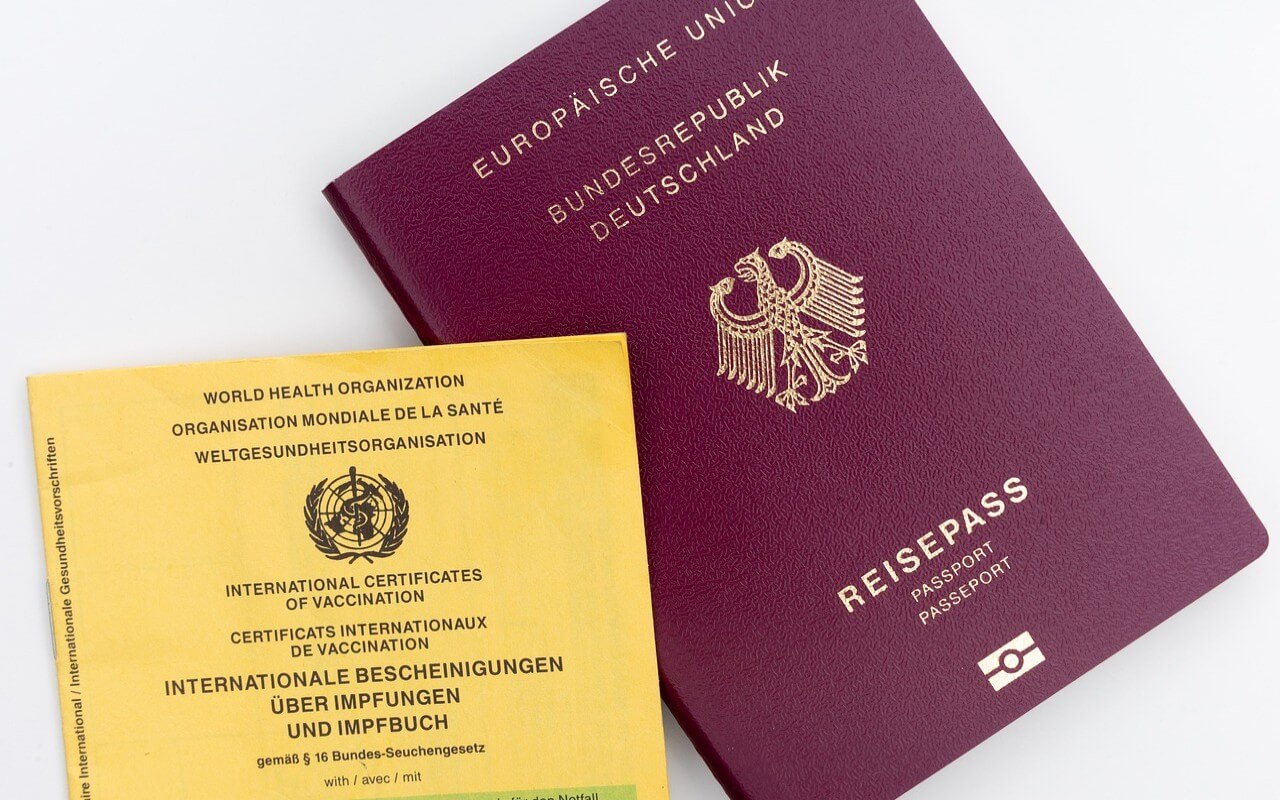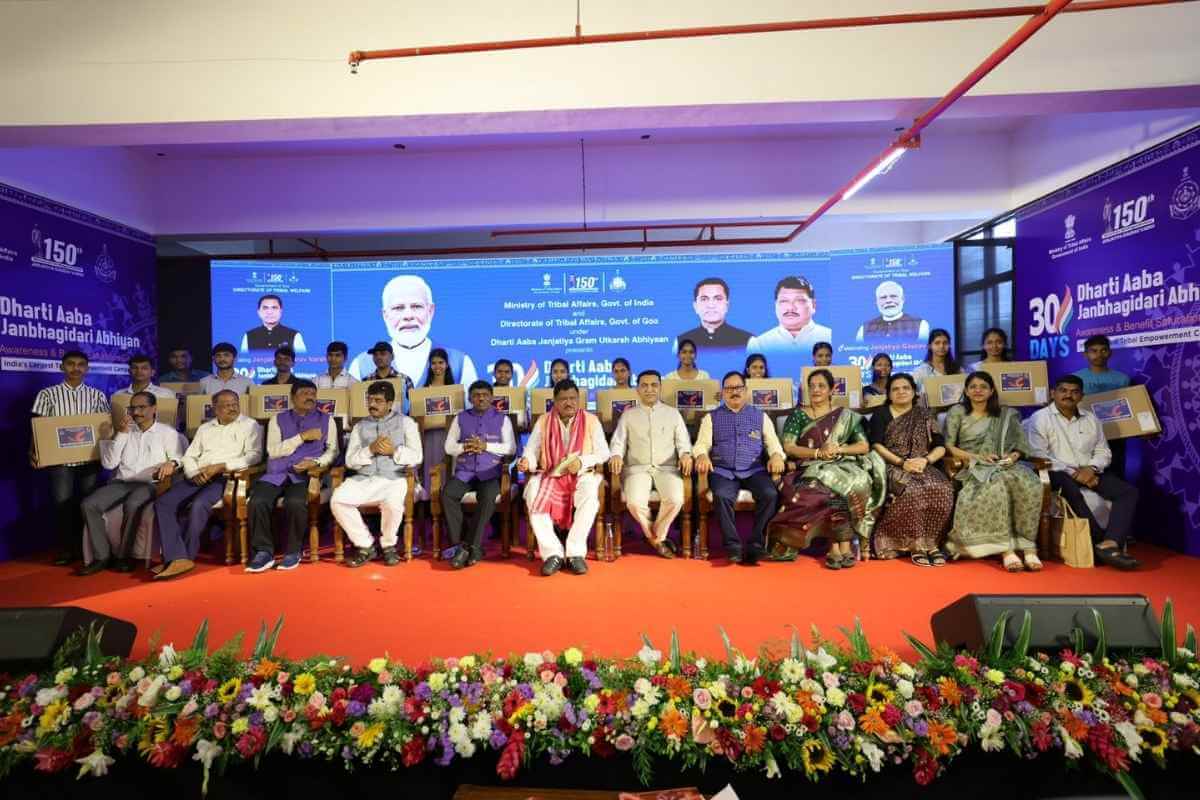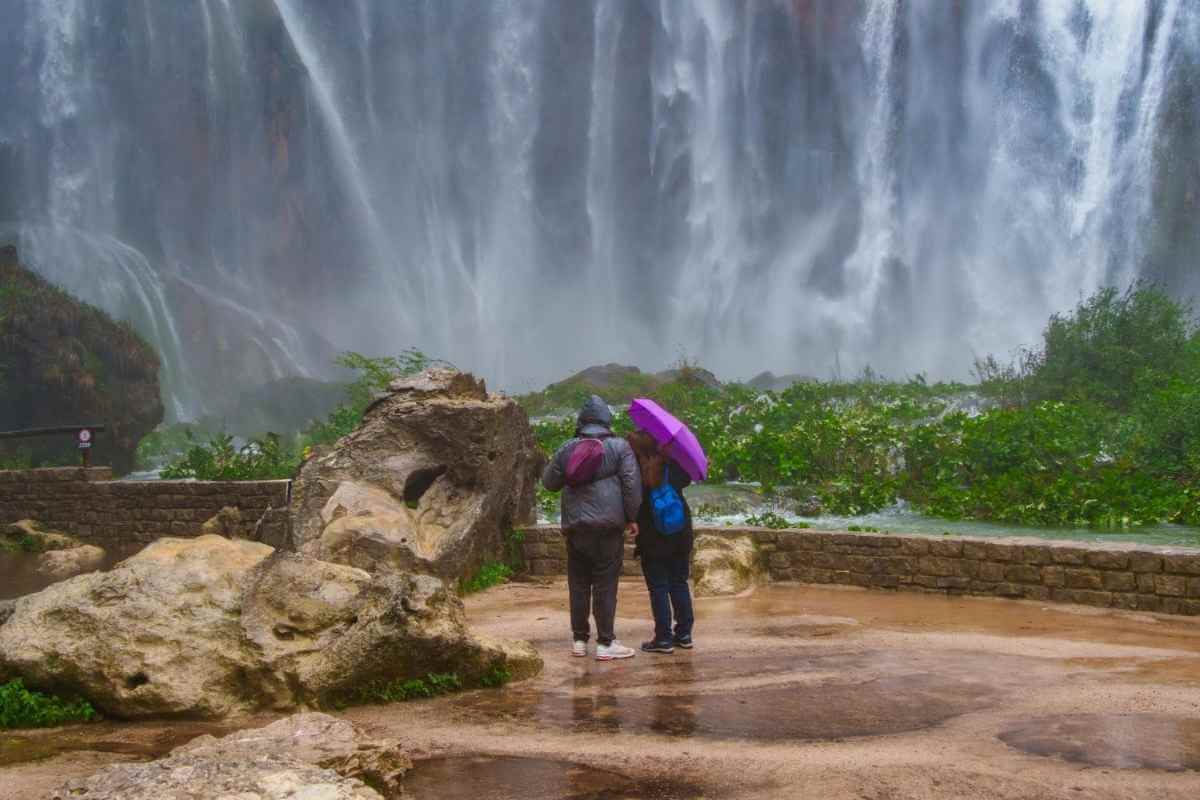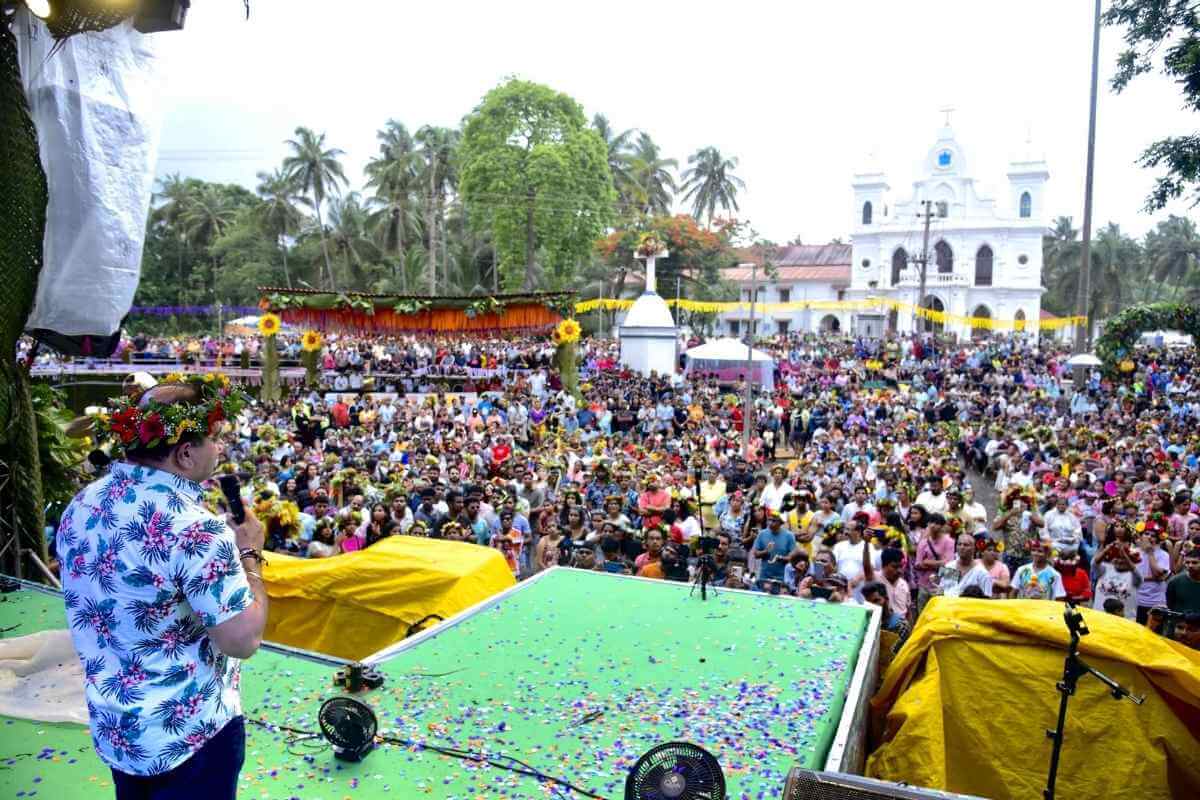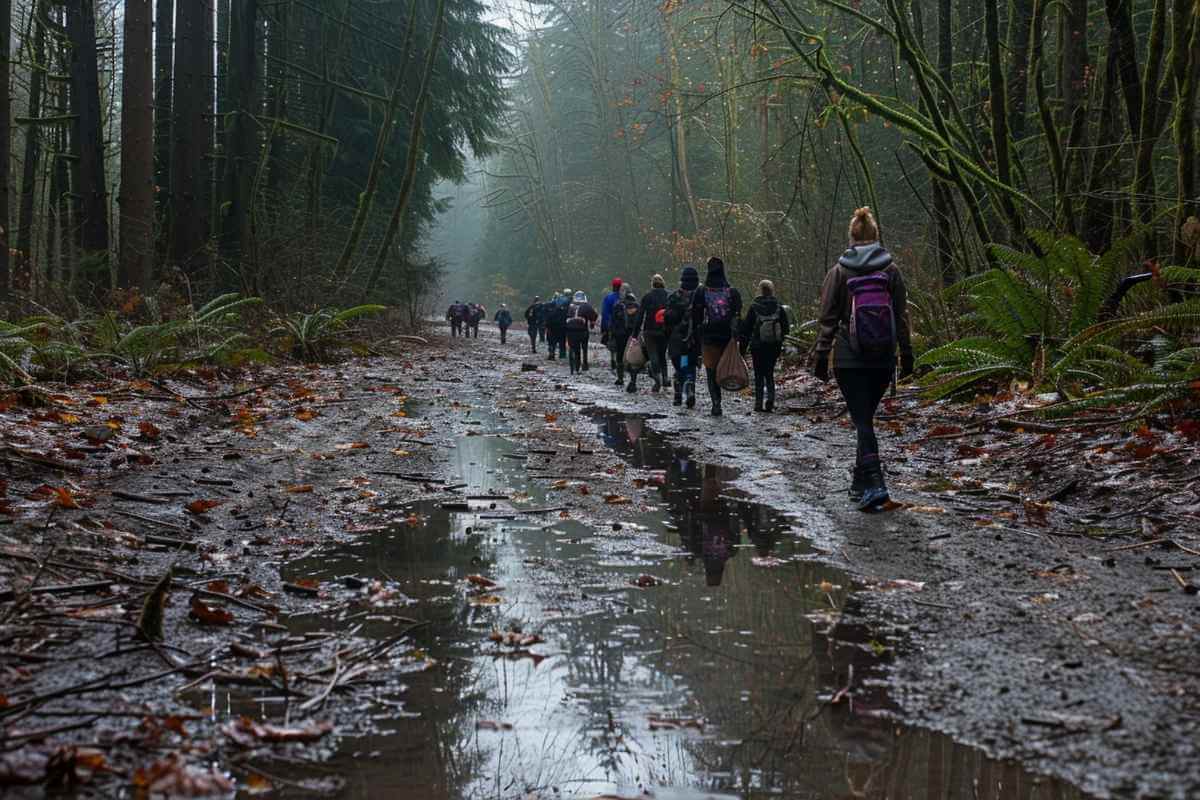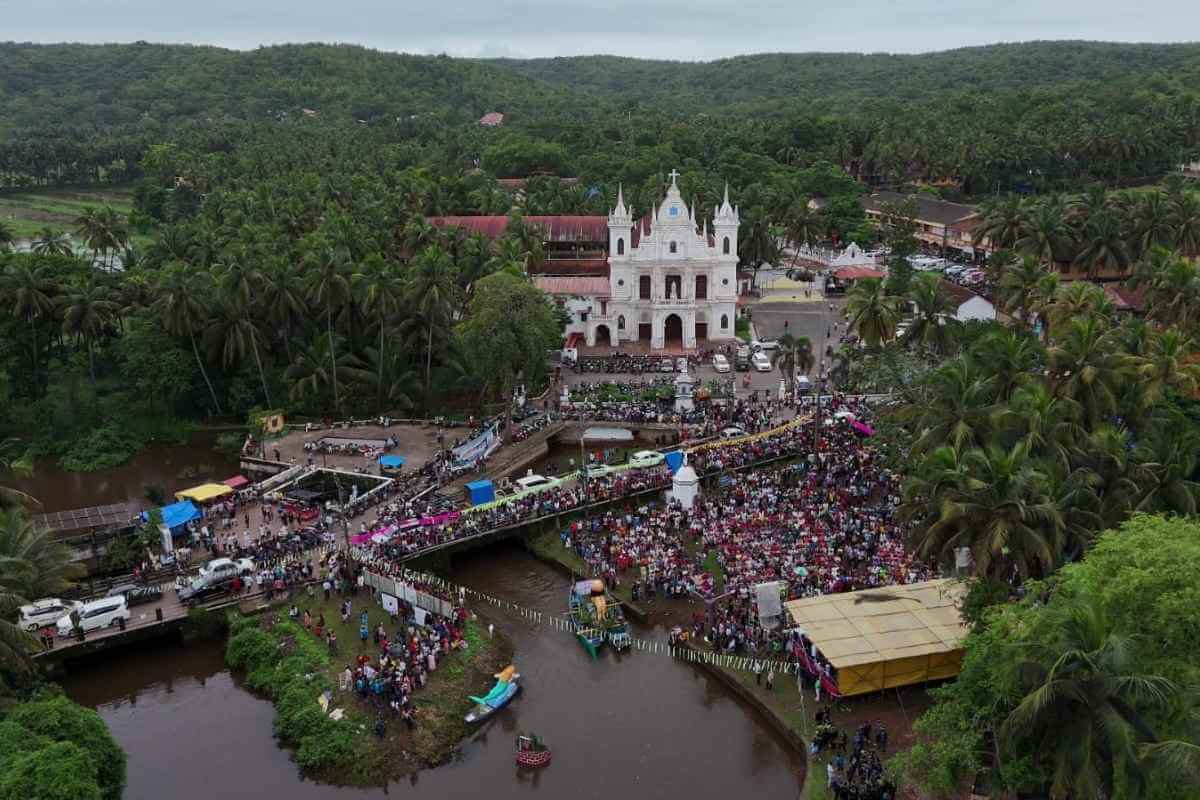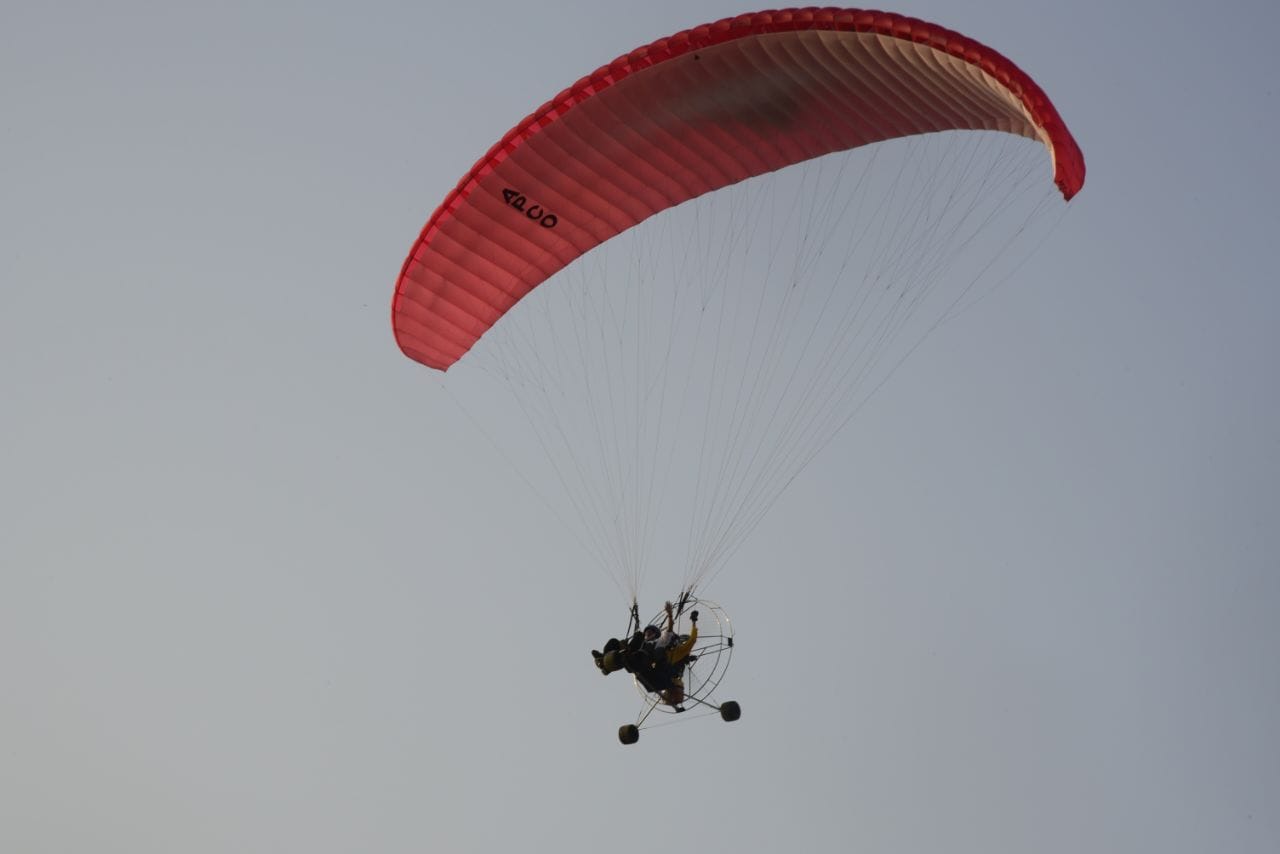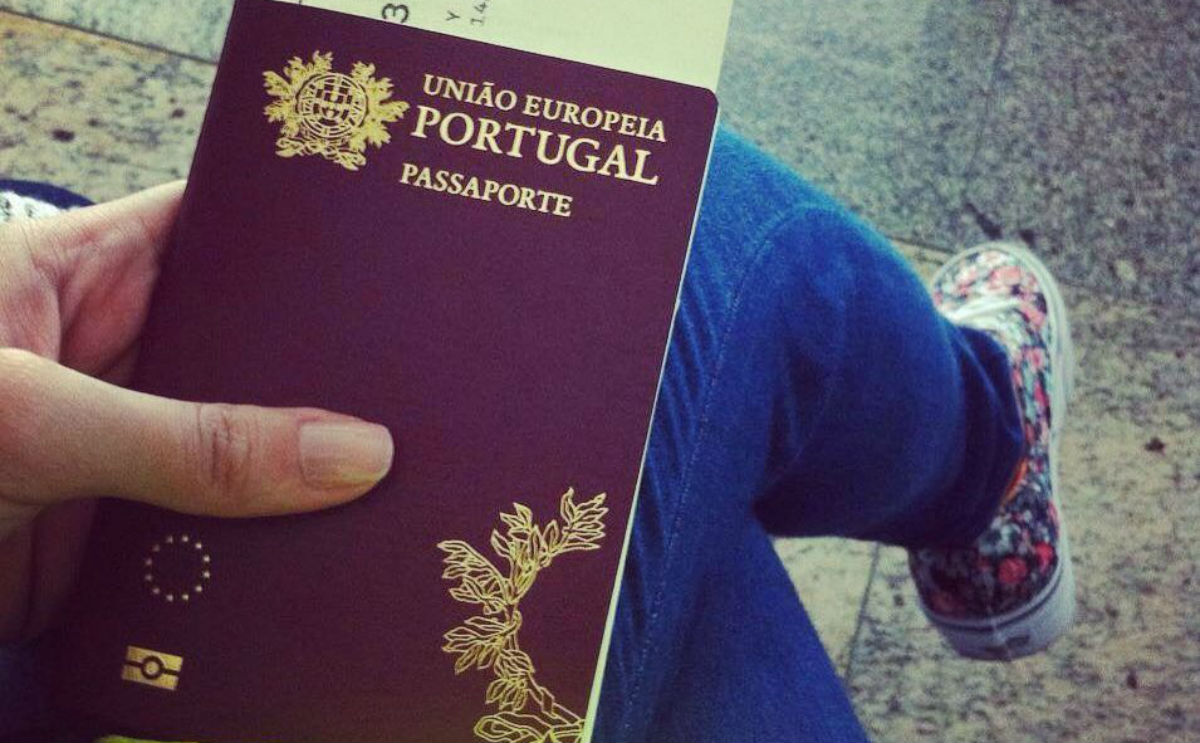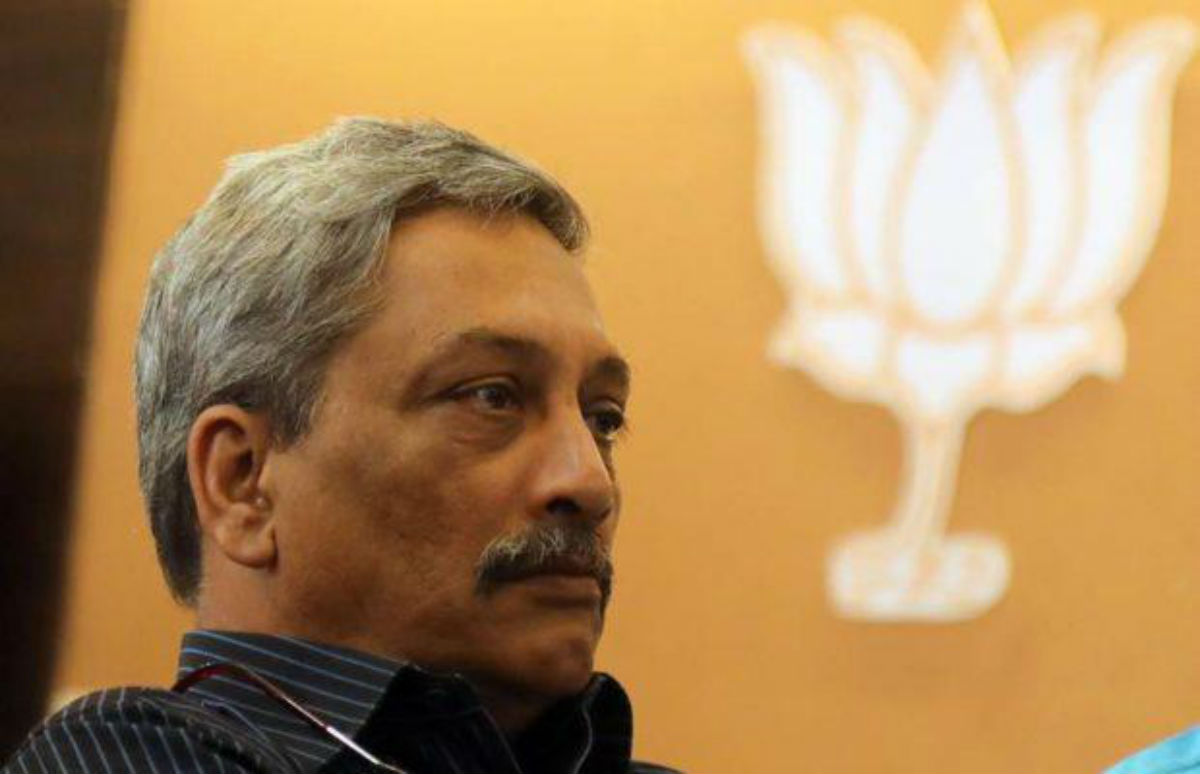With the widespread pandemic, all countries banned travel both local and international to curb the spread of the novel Coronavirus. Now after almost a year since the onset of Coronavirus worldwide, there has been a relaxation in terms of traveling via flights, trains, and by road. Reportedly, many countries, agencies, and airlines are now planning to make travel easier and accessible for travelers. If you have been planning your next international trip, you will need a COVID-19 passport or Vaccine Passport.
Most travel activities don’t require travelers to be fully vaccinated to participate. One notable exception is taking a cruise. But this policy may change once the majority of the population receives their shot. For now, a vaccine can waive the need for a pre-arrival diagnostic test for international travel.
Travelers to certain countries must be vaccinated against the coronavirus before they can fly. Encouraging news about vaccine development has given airlines and nations hope they may soon be able to revive suspended flight routes and dust off lucrative tourism plans. But countries in Asia and the Pacific, in particular, are determined not to let their hard-won gains against the virus evaporate.
As of now, airlines don’t require a vaccination yet for domestic or international airlines in India. But airlines have repeatedly said they don’t anticipate a significant rebound in international travel until most travelers become vaccinated. For now, governments require travelers to be vaccinated, but airlines do not. Several airlines make it easier for travelers to store and present their vaccination information without carrying their paper vaccination cards.
Several travel destinations are starting to require a Covid-19 vaccine to enter and move about with minimal restrictions. Most places now require a pre-travel test to waive the mandatory quarantine of up to 14 days. Some of the countries where full vaccinations can waive mandatory quarantine are Iceland, Ecuador, Madeira, Seychelles, Guatemala, Georgia, Estonia.
In addition, other entry requirements may also be in play upon arrival to some countries. For example, visitors may need to stay at a government-approved resort.
Vaccine Passport
Countries around the world, the World Health Organisation, private organizations, and technology companies have been mulling over the idea of a certification system that allows people with proper documentation of vaccination access to travel, leisure activities, gyms, hotels, and workplaces.
A vaccine passport isn’t a physical passport but a digital document that serves as a valid certification of an individual’s vaccination against COVID-19. Like a passport, this document will allow people physical access to places, as it would act as proof of the person being ‘safe’.
Israel became the first country to introduce a certification system. The country’s system is designed to allow an individual with the ‘passport’ access to facilities and services such as hotels, restaurants, gyms, and workplaces.
Travel Pass
Apart from countries moving to adopt this system, a number of private associations and entities like the International Air Transport Association (IATA) are developing a ‘travel pass’ that will provide airlines and other aviation industry stakeholders with a common platform to check for the proof of vaccination and its validity.
It lets individuals access their lab results and vaccination records, and consent to have that information used to validate their COVID status, without revealing any other underlying personal health information. Lab results and vaccination records can be accessed through existing health data systems, national or local registries, or personal digital health records.
What about India?
While India doesn’t yet have plans for an Israel-like robust vaccine passport system, many are viewing the vaccine certificates as a document that can be used to ease travel restrictions. Several states have mandated COVID-19 negative certificates based on RT-PCR tests for those traveling within India.
Those receiving the first vaccine jabs in India are currently receiving a provisional certificate and the final certificate is given only after the second dose. Various states are considering the vaccination certificates as a driver of the tourism industry that has suffered major losses in the recent past.

